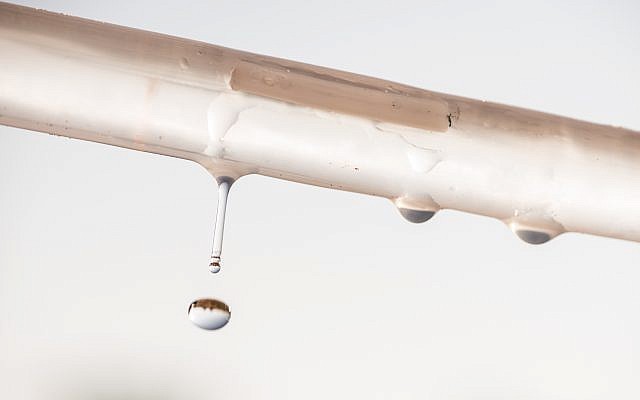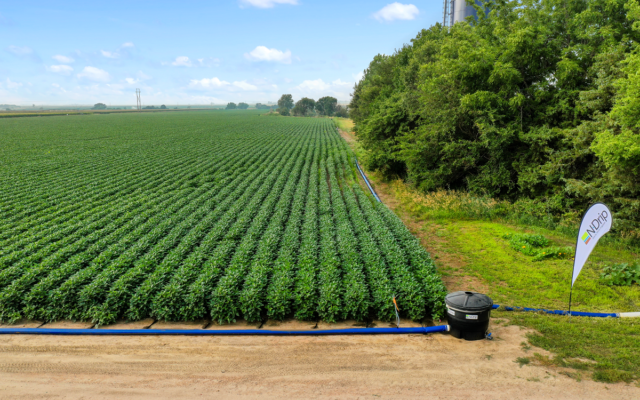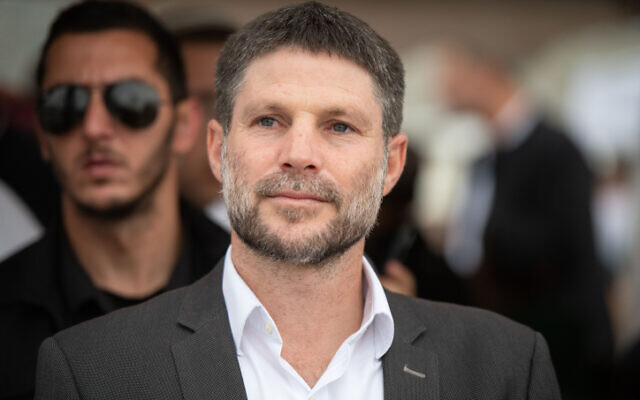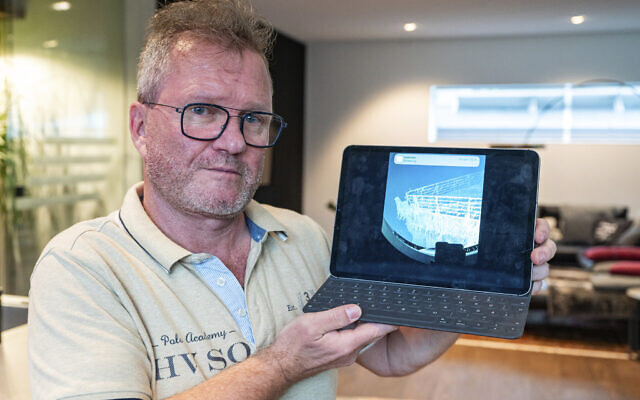Agritech firm N-Drip raises $44 million in Liechtenstein-led funding round
Drip irrigation tech developer inks cooperation agreement for the marketing of its systems in rice fields in the US, India and other countries
Sharon Wrobel is a tech reporter for The Times of Israel.
Israel’s N-Drip, the developer of smart irrigation systems helping farmers save water and boost yields at lower costs, has raised $44 million from a Series C financing round to help expand its global footprint.
The funding was led by the Liechtenstein Group, an asset manager and investor in food and agriculture owned by Liechtenstein’s royal family, with the participation of US investment management firm Hamilton Lane and water tech investor Natural Ventures.
Existing investors, including Granot Group, Bridges Israel Impact Fund, Kibbutz Ein Harod Ihud and a group of US-based investors, also joined the financing round. The financing round may be extended in response to investor demand, N-Drip said.
To date, N-Drip’s has raised about $80 million from strategic and financial investors in the US, Europe and Israel.
Founded in 2015 by Prof. Uri Shani, a former director of Israel’s Water Authority, with Ariel Halperin and Ran Ben-Or, N-Drip has developed what it says is a system that allows areas that use water flooding for irrigation to use the more precise drip irrigation instead.
“The current funding round will support the company’s rapid growth at the same time as a global water crisis has farmers and policymakers looking for solutions that will allow them to continue to grow food and fiber, although with less water,” said N-Drip CEO Eran Pollak.
“Farmers with farms of all sizes and in all geographies will be able to make use of our transformative technologies to help assure stability and continued farm income while also joining the worldwide effort to meaningfully reduce agricultural greenhouse gases,” he added.

Flood irrigation, perhaps the most ancient way of watering crops, is still one of the most commonly used forms of irrigation in the world today. Some 85 percent of agricultural fields globally, or more than 600 million acres, use this system, including in hot and very dry places such as Arizona, in which water is delivered to the field by a pipe or a ditch, and the water simply flows over the ground through the crop.
The system is wasteful of both water — it is believed that some 50% is lost to evaporation or infiltration of uncultivated areas – and fertilizer, nor does it produce optimal yields.
N-Drip says farmers who switch from flood irrigation to using its system benefit from water savings of 50%, yield increases of up to 33%, fertilizer reduction of 50%, and a drop in greenhouse gases like carbon and methane from 50% to 85%.
One of its inventions is N-Drip Connect, a sensor-based system that allows farmers to monitor their field and provides real-time recommendations for irrigation and fertilizer usage for better water and nutrient management. The system predicts with accuracy the size of a harvest as much as six weeks in advance of the scheduled harvest, the agritech firm said.
Based in Beit She’an, N-Drip says it works with clients in 17 countries, with three main business hubs in Australia, India and southwestern US. Its management, R&D and production are based in Israel, with about 100 employees working in sales, R&D, production, and engineering.
N-Drip recently announced that it has inked a strategic cooperation agreement with Liechtenstein-owned RiceTec for the marketing of its systems in rice fields in the US, India and other countries. RiceTec is one of the world’s largest producers of hybrid rice seeds.
“We are looking forward to assisting N-Drip with the global adoption of its irrigation technology, especially in rice,” said Liechtenstein CEO and Managing Partner Johannes Meran. “We believe that the combination of these two technologies has the power to transform the way rice is grown and substantially eliminate the negative carbon footprint of rice farming.”










